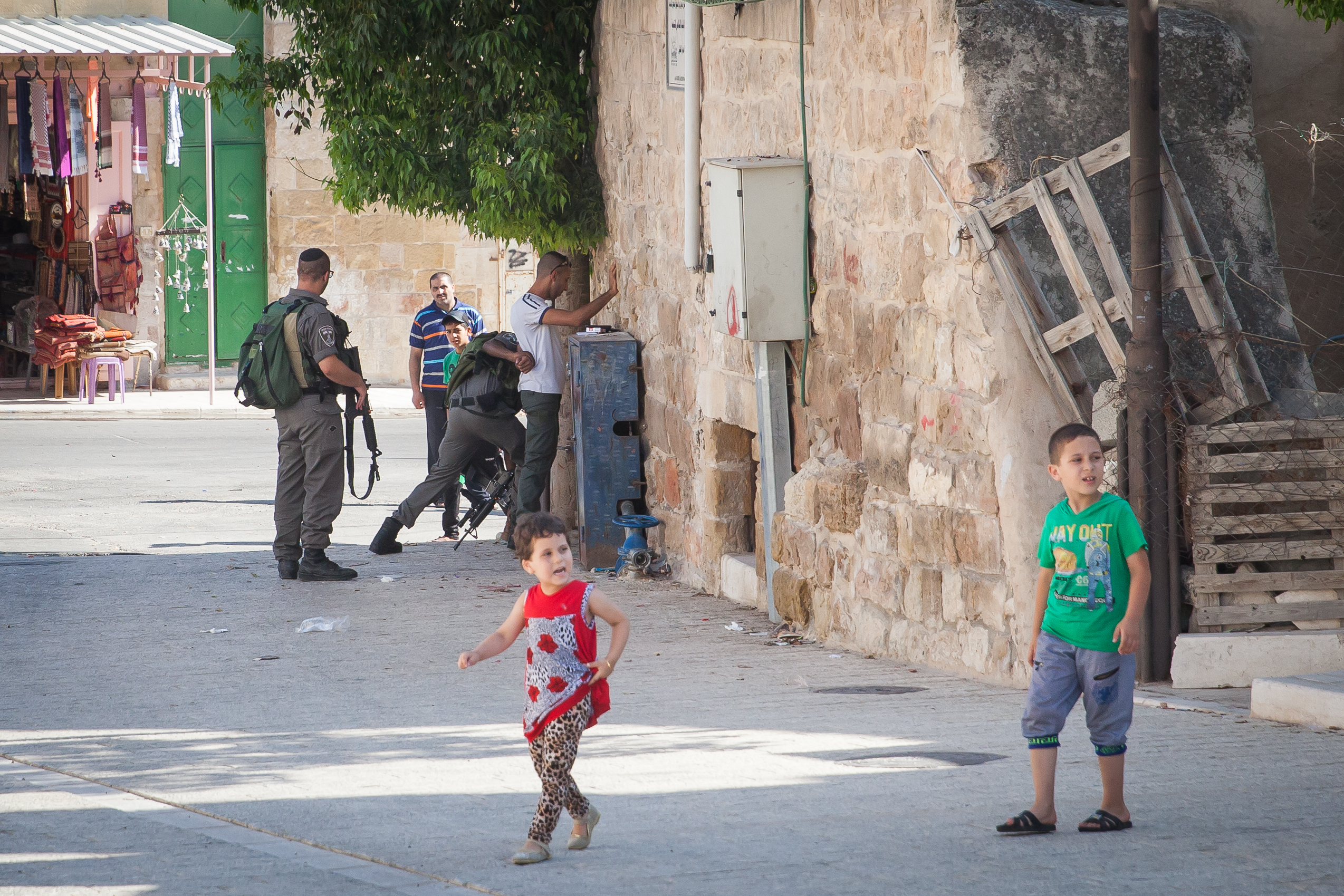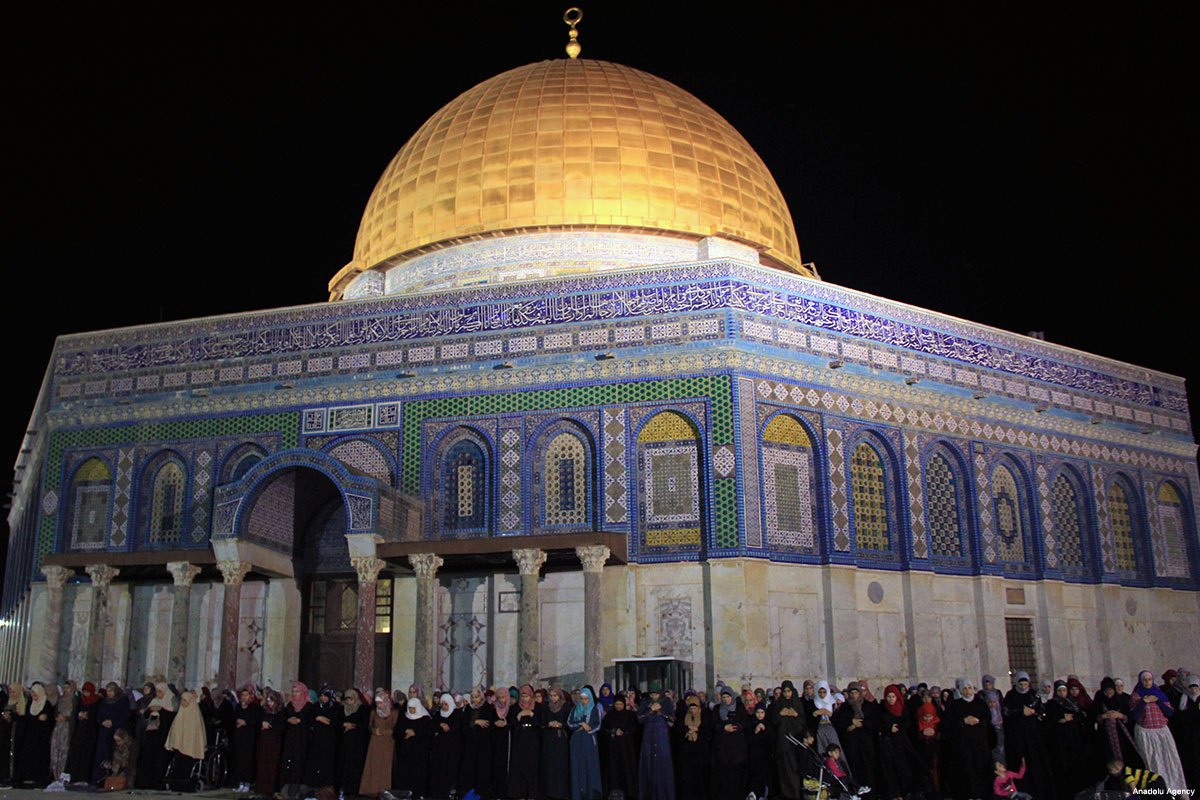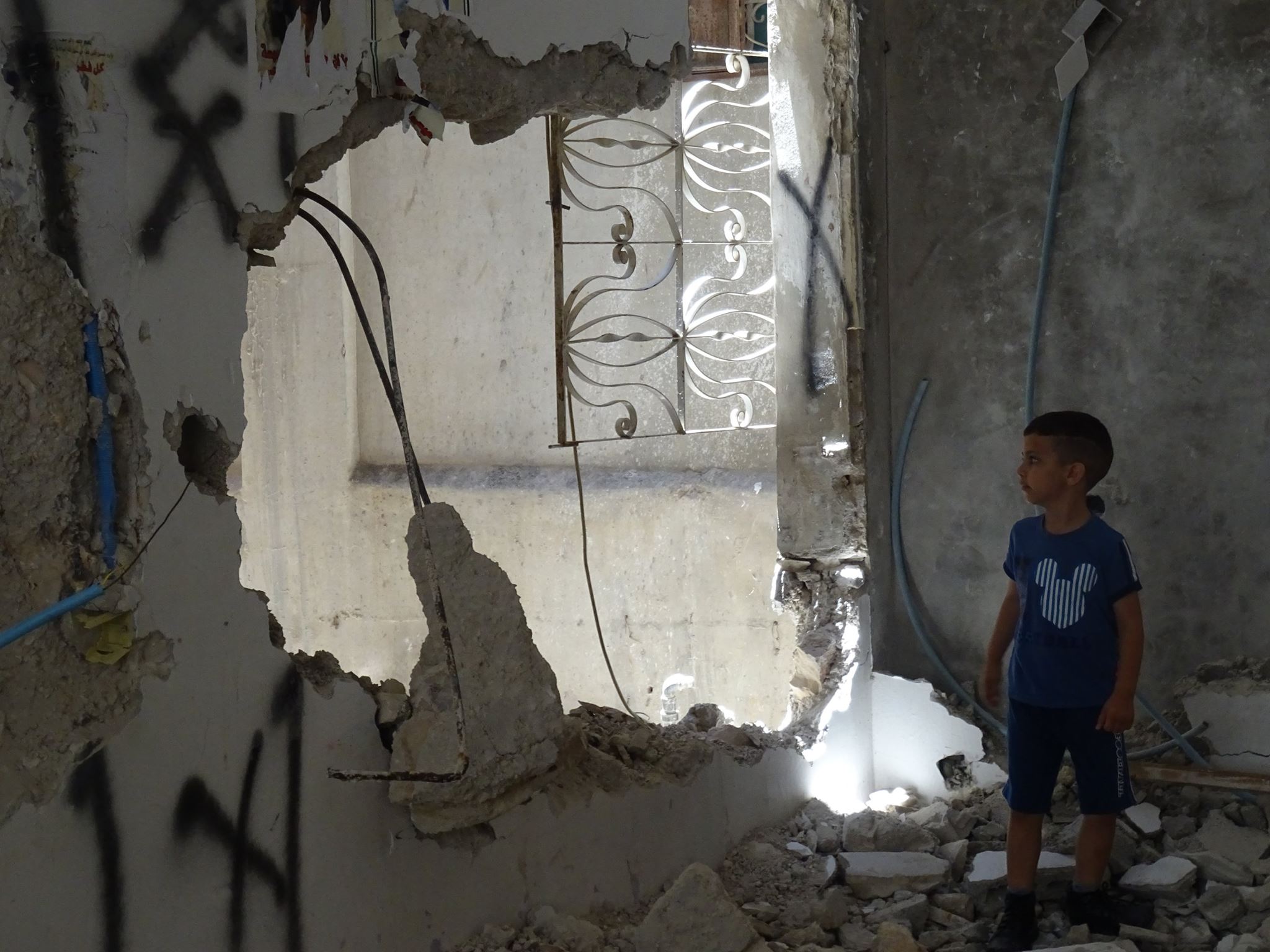-
The impossibility to know – navigating the (psychological) siege of Hebron
8th July 2016 | International Solidarity Movement, al-Khalil team | Hebron, occupied Palestine Israeli forces during the last week of the Islamic holy month of Ramadan have increased and stepped up restrictions for Palestinians in occupied al-Khalil (Hebron). Thus they are severely limiting Palestinians possibilities to exercise their religion during this most important month in […]
-
Ramadan 2016: Harassment, collective punishment and settlement expansions in the occupied West Bank
7th July 2016 | International Solidarity Movement, al-Khalil team | West Bank, occupied Palestine Monday the 6th of June marked the beginning of the Ramadan; the holiest holiday in Islam. The Ramadan is a sacred month in the Islamic calendar, where Muslims celebrate when the Qu’ran was revealed for the first time to the Prophet […]
-
Israeli military demolishes two houses, injures five Palestinians with live ammunition in Qalandia Refugee Camp
7th July 2016 | International Solidarity Movement, al-Khalil team | Qalandia Refugee Camp, occupied Palestine The holy month of Ramadan has come to an end. But in Palestine, as in Iraq, Syria, Turkey and too many other places, Muslim families are not able to enjoy this special time of the year in peace and comfort. […]
Action Alert An Nabi Saleh Apartheid Wall Arrests BDS Bethlehem Bil'in Cast Lead Demonstration Denial of Entry Ethnic Cleansing Farmers Gaza Global Actions Hebron House Demolition International law Israeli Army Jerusalem Live Ammunition Nablus Ni'lin Prisoner Ramallah Rubber-coated steel bullets Settlement Settlers Settler violence Tear-Gas Canister Video



